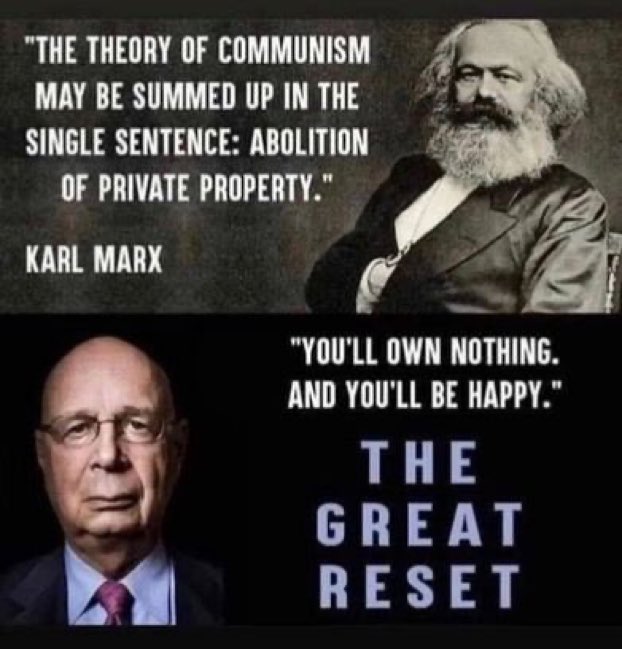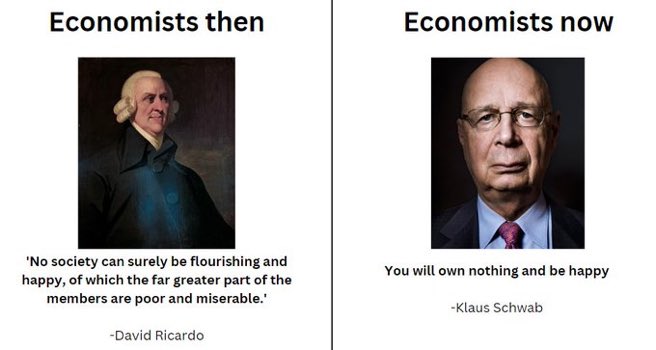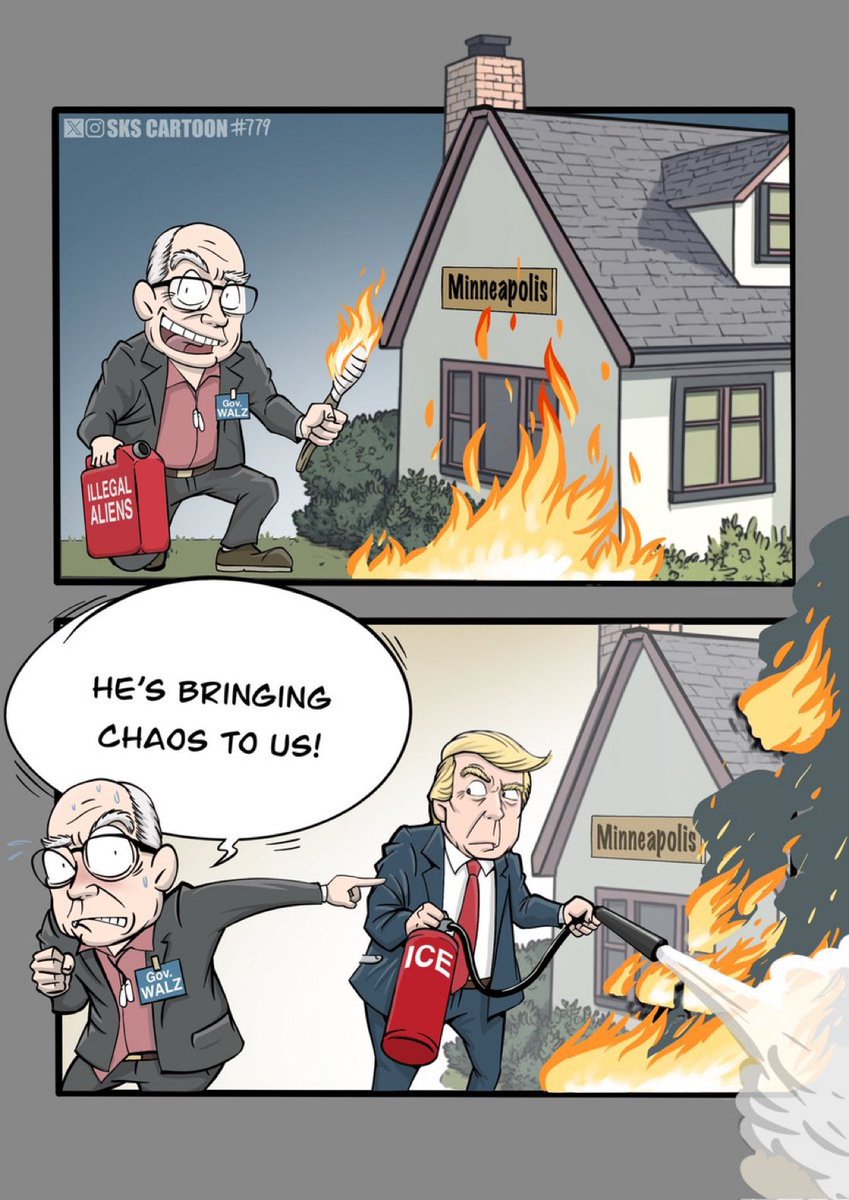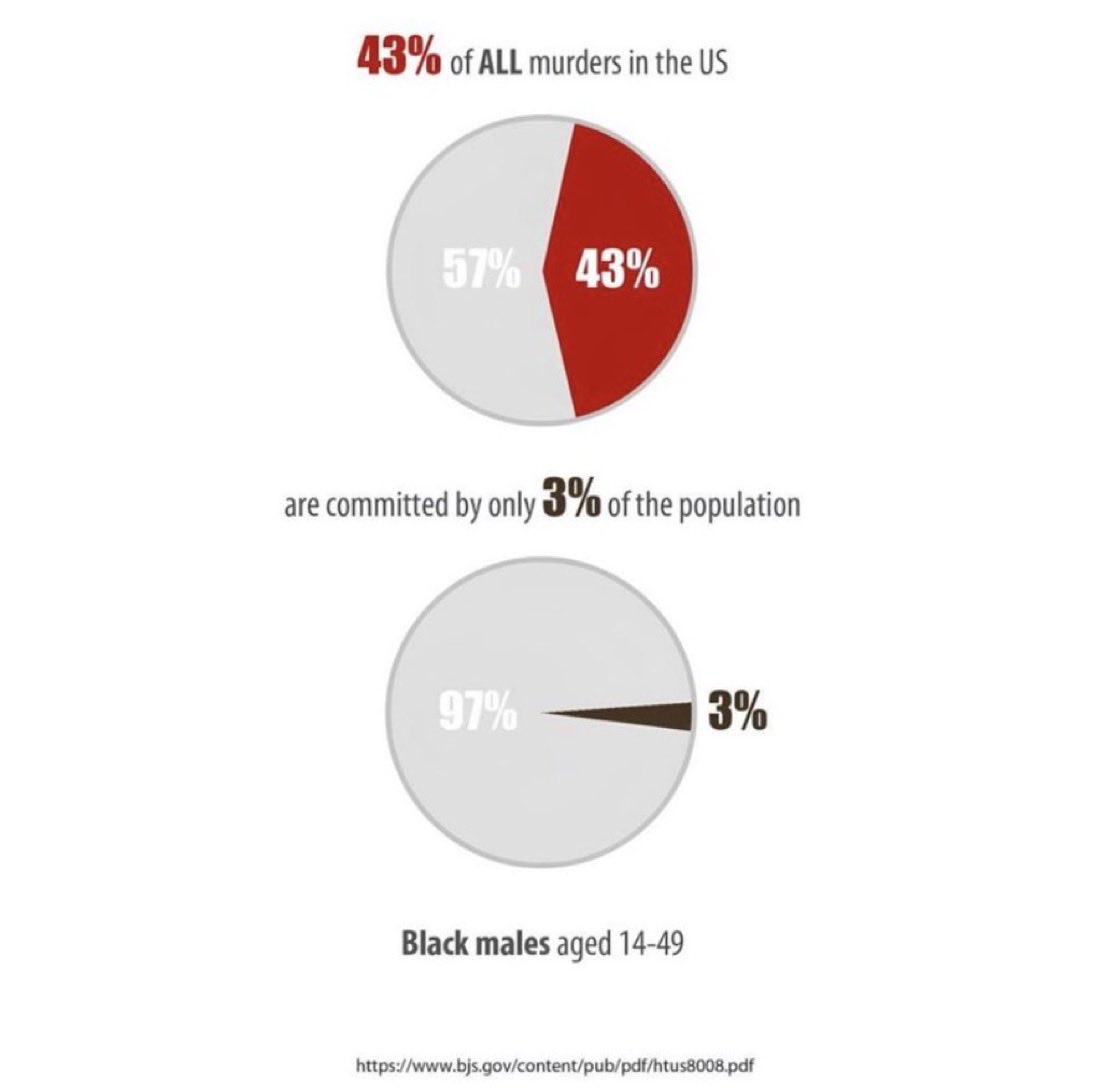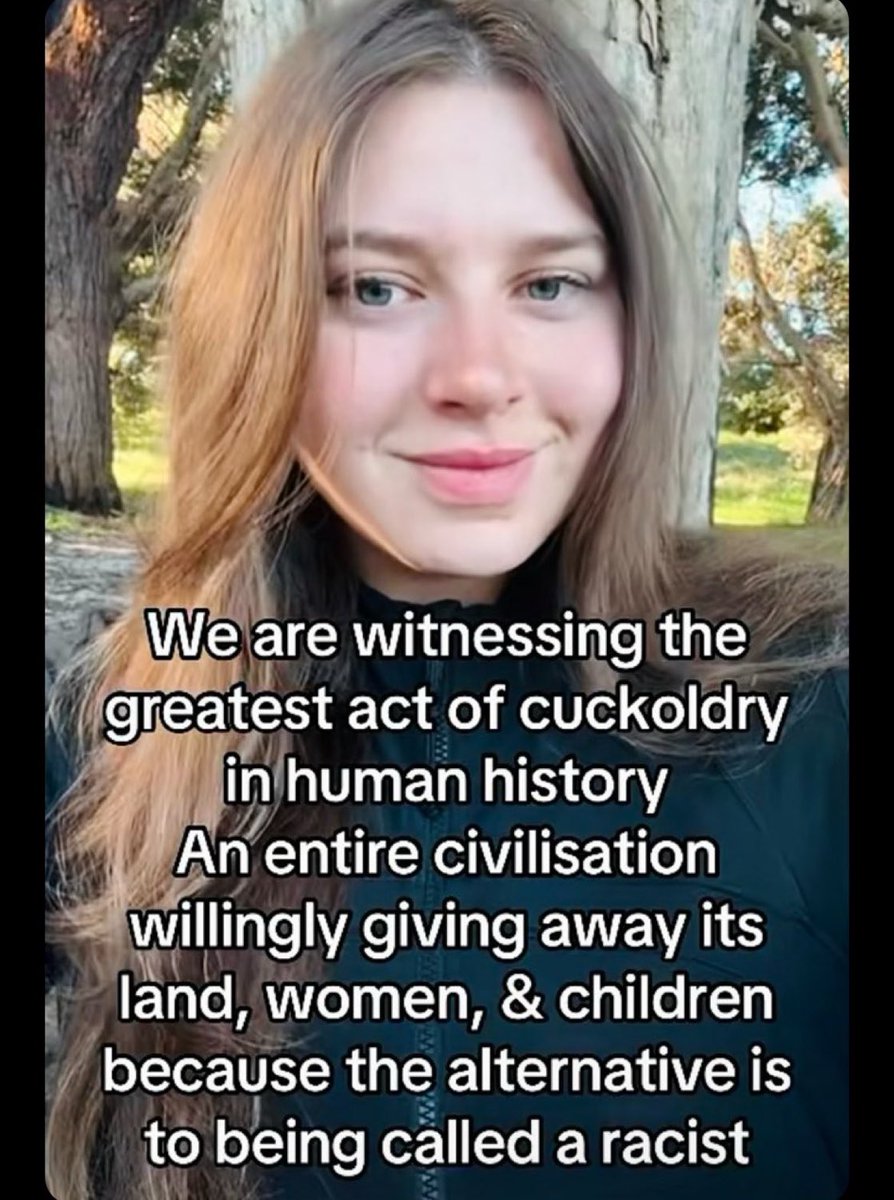#WEF (World Economic Forum) is a global lobbying organization started by a Klaus Schwab comprising of 100s of partner countries and 1000s of global corporations like Microsoft, Facebook, Pfizer, BP, Shell, IBM etc.
A thread 🧵 #8 for your awareness
A thread 🧵 #8 for your awareness
https://twitter.com/calvinrobinson/status/1615079425493671936?s=20&t=2yz9osgetrQsPK4DZVf4uw
Here's a prev thread 🧵 on #WEF and its globalist plans for global governance and world domination
https://twitter.com/DeepBlueCrypto/status/1603164721032708096?s=20&t=2yz9osgetrQsPK4DZVf4uw
If you want to put America first, defund & exit #WHO and #WEF don't let Klaus Schwab and his goons enter your cabinets and start siphoning profits to global corporations from American taxpayers 
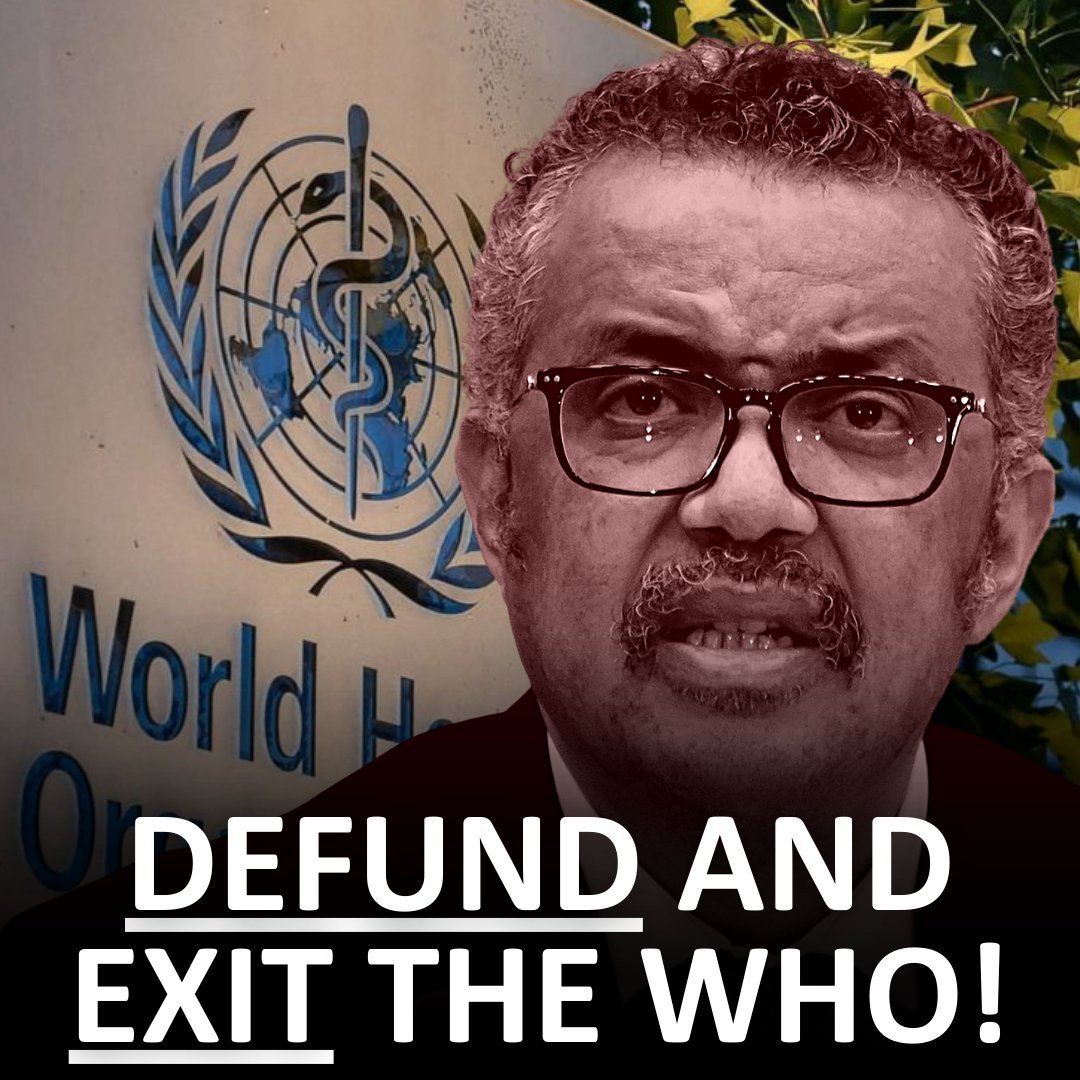
Hope all these prostitutes are legal age, while all these #WEF globalist megalomaniacs are very old & bold 
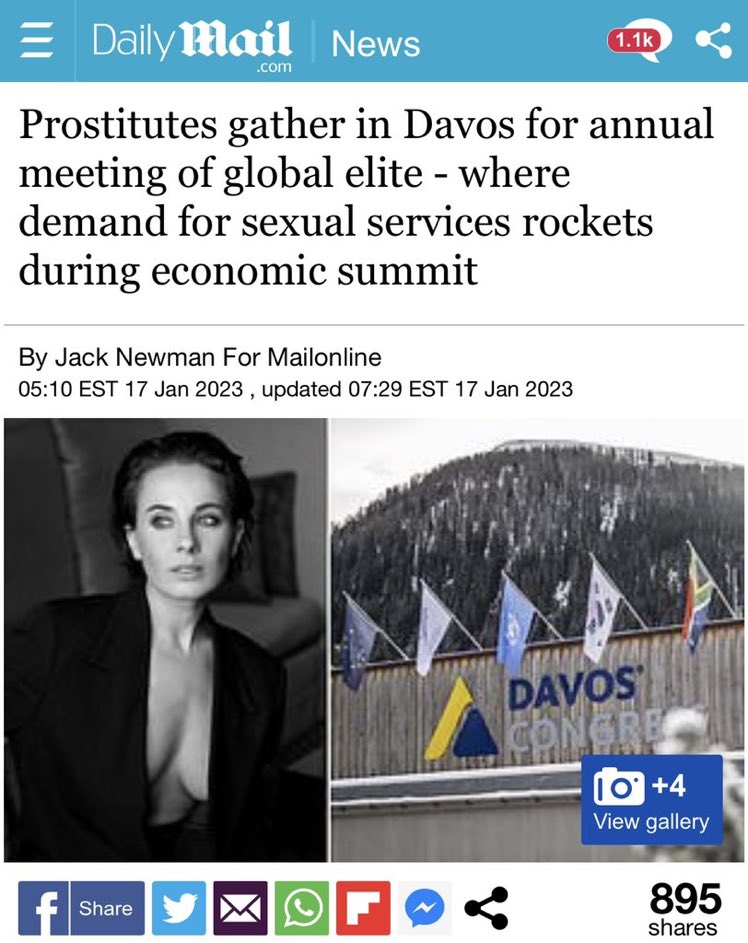
BULLSHIT
Since western nations are running out of money and are in huge debt, they need to spend additional taxpayer money to create jobs, grow the economy & be productive, they’re planning to spend the money they don’t have on fixing weather which we all know can’t be done.
Since western nations are running out of money and are in huge debt, they need to spend additional taxpayer money to create jobs, grow the economy & be productive, they’re planning to spend the money they don’t have on fixing weather which we all know can’t be done.
https://twitter.com/drewhlive/status/1615316501275480067
WEF's new "Global Collaboration Village" in the Metaverse can be trusted because Interpol is on board, says Klaus Schwab.
Welcome to #WEF Interpol
Welcome to #WEF Interpol
#WEF (World Economic Forum) is a cult and 99.99% of y’all ain’t in it or have a say in what they decide for you 

Jacinda Arden the prime minister of New Zealand, one of the key members of #WEF Klaus Schwab goon squad has just resigned. She was enforcing draconian vaccine mandates, separating jabbed from unjabbed, separating kids from parents etc. was just terrible🤘
Look at the live reaction from New Zealand population for the first time when they heard their PM Jacinda Arden not seeking re-election.
Imagine what’d have happened if she sought re-election… LOST BADLY 😂
Imagine what’d have happened if she sought re-election… LOST BADLY 😂
#WEF conveniently deletes things that don’t work…
WEF promoted fertilizer bans in Sri Lanka, the country went bankrupt, WEF deleted its content pages
WEF promoted FTX exchange, it went bankrupt, WEF deleted its content pages
HOW CONVENIENT 😂😂
WEF promoted fertilizer bans in Sri Lanka, the country went bankrupt, WEF deleted its content pages
WEF promoted FTX exchange, it went bankrupt, WEF deleted its content pages
HOW CONVENIENT 😂😂
Ricky Gervais did a fantastic speech in the academy awards on setting them rich Hollywood celebrities straight.
My sincere hope is for @rickygervais to attend Davos and set those #WEF narcissists straight, humble them. 😂
My sincere hope is for @rickygervais to attend Davos and set those #WEF narcissists straight, humble them. 😂
One of the most authoritarian leader the modern world has ever seen… Kiwi PM Jacinda Arden is quitting
Here are some receipts from Tucker
Here are some receipts from Tucker
“We will continue to be your single source of truth...Unless you hear it from us it is not the truth”
Jacinda Arden the kiwi Prime Minister did a good thing resigning… GOOD RIDDANCE
Jacinda Arden the kiwi Prime Minister did a good thing resigning… GOOD RIDDANCE
#WEF reveals the original logo 😂 
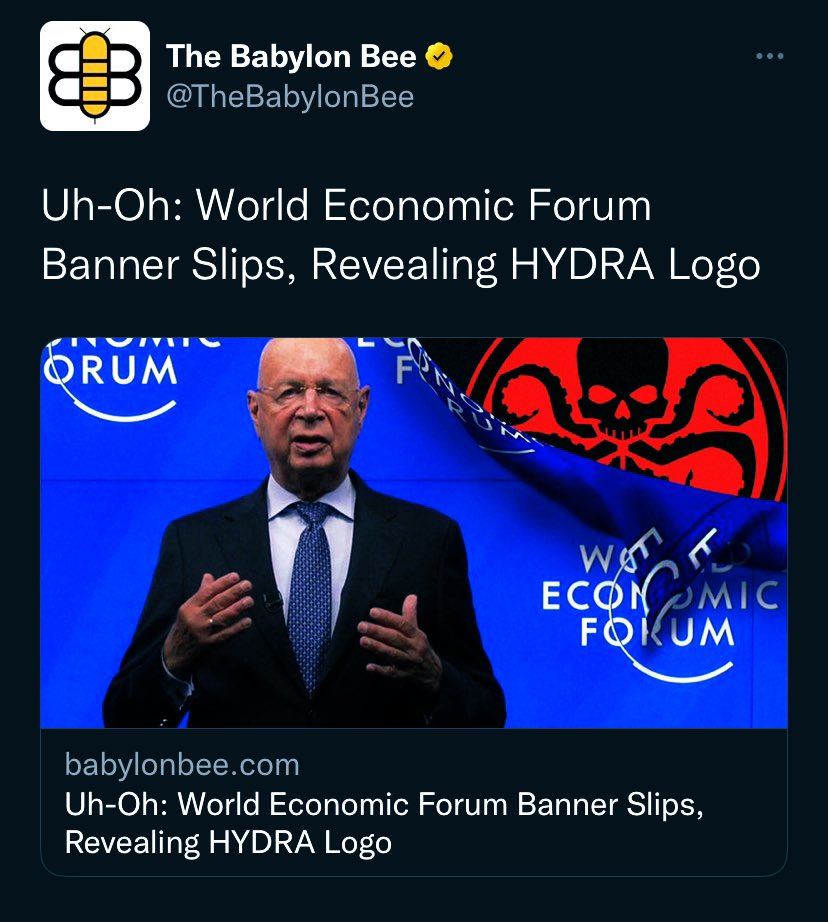
Fun Fact:
Did you know that the infamous Ghislaine Maxwell sister Isabel Maxwell is a member of #WEF
Did you know that the infamous Ghislaine Maxwell sister Isabel Maxwell is a member of #WEF
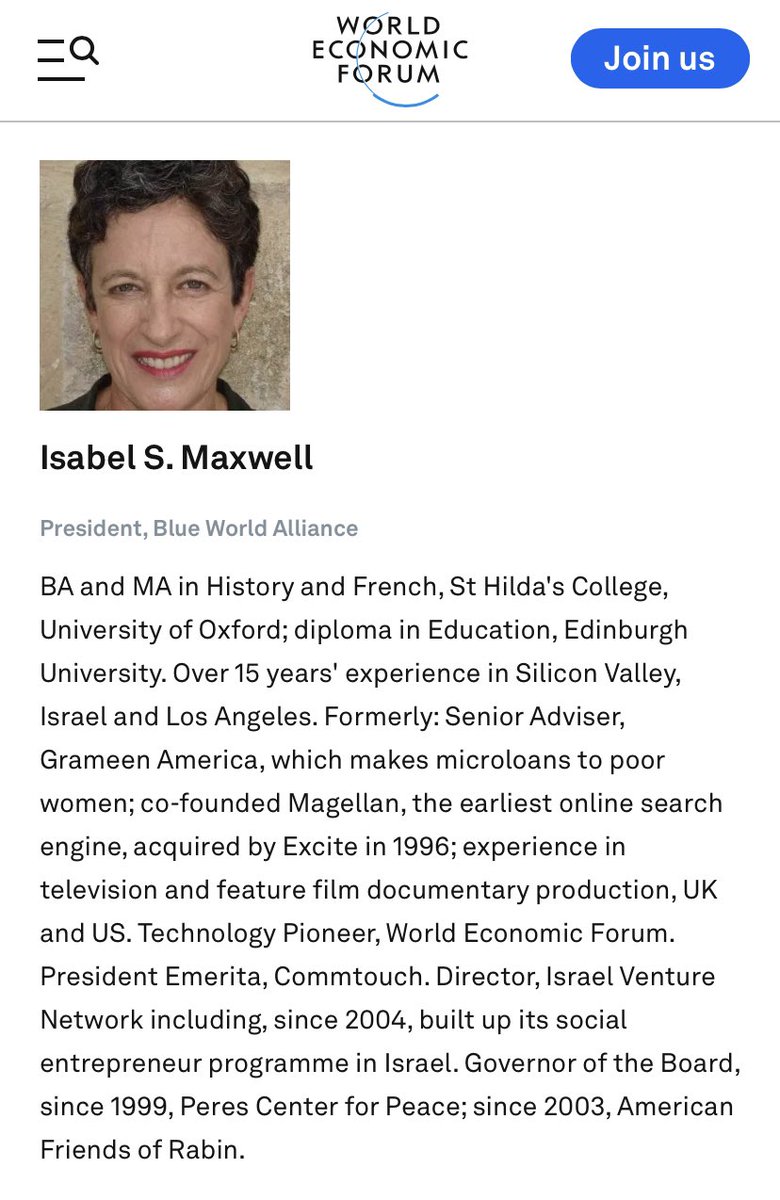
#WEF showcasing a doomsday scenario for our planets Climate Change. It’s mass extinction, total humanity at risk, this is a planetary crisis. If this continues, by 2070 about 3 billion people will be living in uninhabitable zones.
#WEF proposed if a billion people on earth stop eating meat, there’d be a huge impact on the planet.
What if we ask them to stop using private jets for the conference and they’d never agree 😂
What if we ask them to stop using private jets for the conference and they’d never agree 😂
The World Economic Forum, organized as a sect of corps, billionaires and bought politicians, is today one of the biggest threats to democracy and the rule of law.
Major issues in Sri Lanka 🇱🇰, Netherlands 🇳🇱, Canada 🇨🇦 can be attributed to the #WEF
Major issues in Sri Lanka 🇱🇰, Netherlands 🇳🇱, Canada 🇨🇦 can be attributed to the #WEF
• • •
Missing some Tweet in this thread? You can try to
force a refresh

